On July 12, the Prime Minister issued a decree assigning the Hanoi People's Committee to implement solutions and measures for organizations and individuals to convert their vehicles and routes so that by July 1, 2026, no motorbikes or scooters using fossil fuels will be allowed to circulate within the beltway 1.
The next phase, from January 1, 2028, will restrict personal cars using fossil fuels within Ring Road 1 and Ring Road 2. By 2030, the above regulation will apply to all personal vehicles using fossil fuels within Ring Road 3.
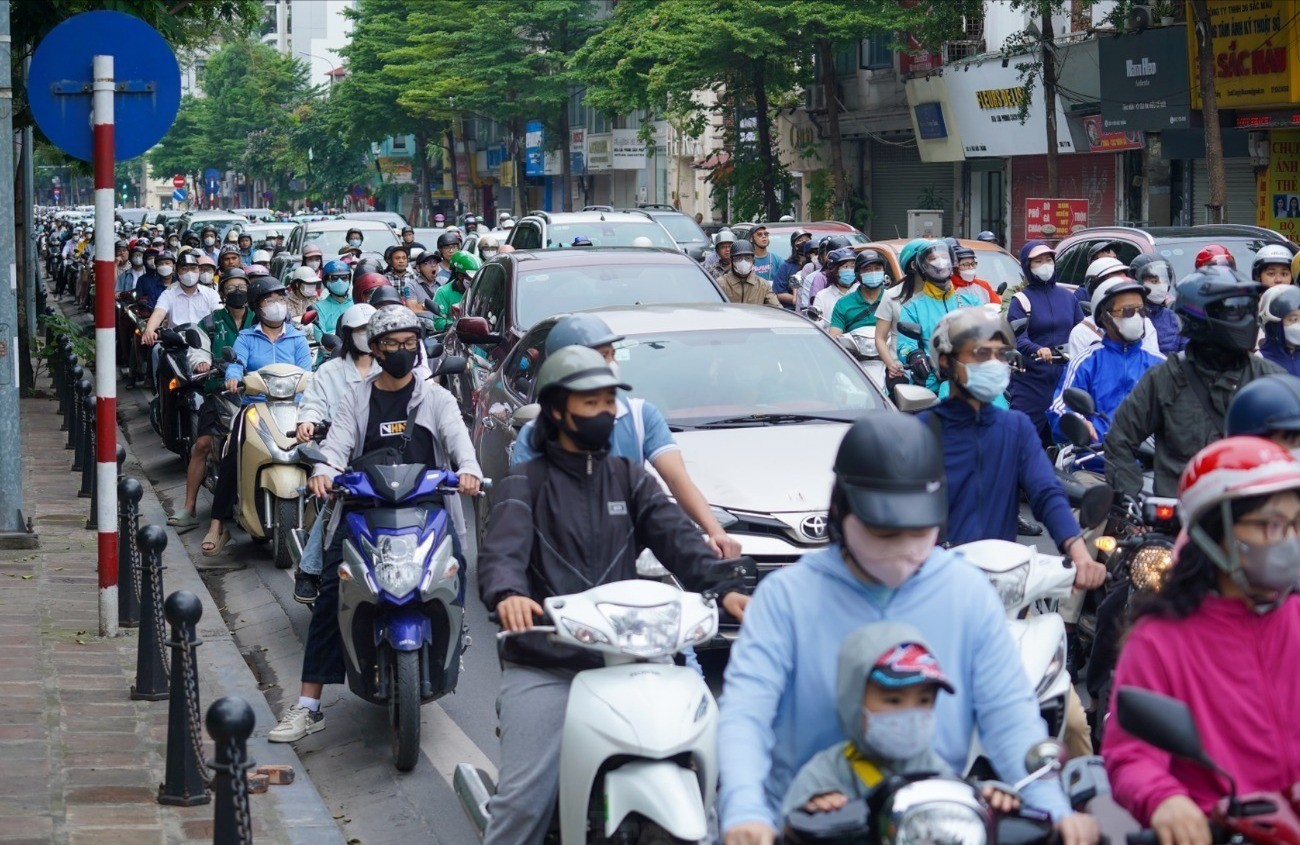
Faced with this information, VAMM, including 5 companies: Honda Vietnam , Yamaha Motor Vietnam, SYM Vietnam, Suzuki Vietnam and Piaggio Vietnam, has sent a petition to the Government and relevant ministries and branches.
Here, we express our appreciation and acknowledge the efforts of the Vietnamese Government in minimizing and developing appropriate mobility solutions.
However, the association believes that in some areas in Hanoi in 2026, there will be many significant challenges for both people and businesses.
According to VAMM, the most affected groups are workers, low-income households and families that own many traditional gasoline-powered motorbikes. Having to convert their current vehicles poses a significant financial burden for this group.
For businesses, VAMM believes that switching too quickly from gasoline motorbikes will put serious pressure on the entire motorbike industry, from production, distribution to after-sales service.
To adapt to the new regulations, manufacturing enterprises will have to make large investments to restructure production lines, innovate technology and develop products, while not having enough time to prepare and not receiving timely financial support.
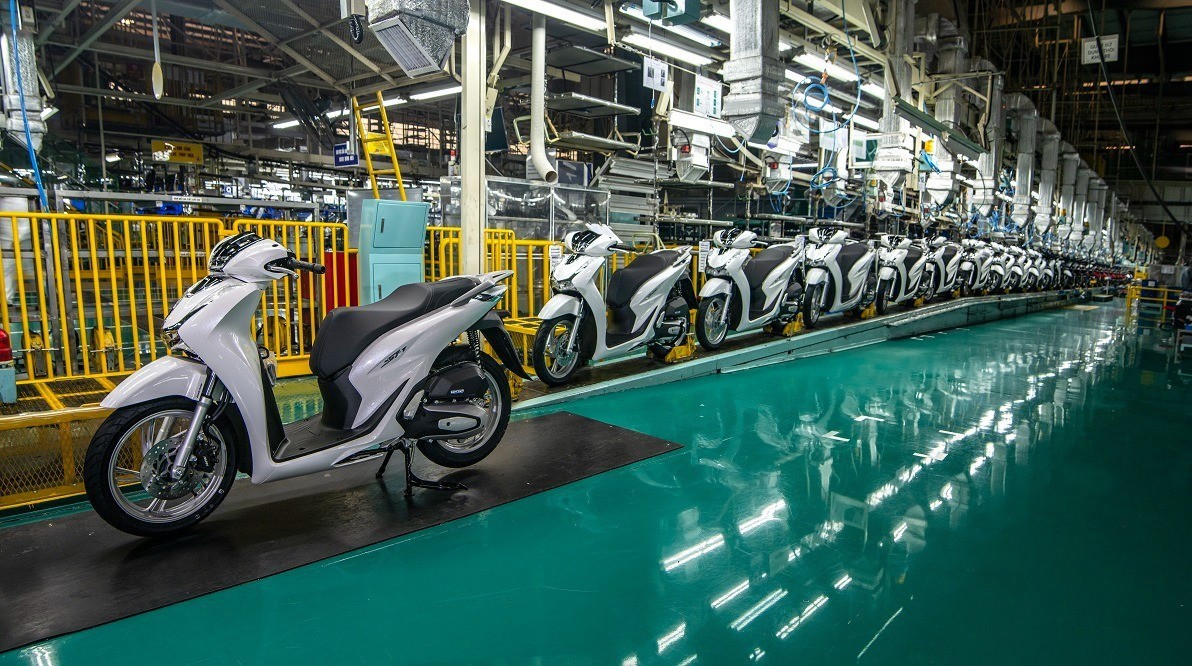
This can easily lead to losses, production interruptions and bankruptcy. According to VAMM, the current system of nearly 2,000 gasoline motorbike dealers is at risk of being paralyzed due to a sudden drop in revenue. In addition, about 200 suppliers of components mainly serving internal combustion engines are also directly affected, leading to the risk of supply chain disruption.
In addition, manufacturers have been investing thousands of billions of VND to change technology, machinery, equipment, and production lines to meet many new regulations of the Government that will take effect from 2027, including: Applying EURO4 emission standards; for vehicles in circulation; Limiting fuel consumption... aiming to reduce environmental pollution.
According to VAMM, the sudden switch to electric vehicles not only wastes resources but also reduces the effectiveness of implementing environmental policies recently issued by the Government.
Therefore, VAMM recommends: "For the transformation process to take place effectively and sustainably, a reasonable implementation roadmap is needed with a minimum preparation time of 2-3 years.
This period allows people, businesses and management agencies time to resolve the above difficulties and challenges and have enough conditions to adapt, adjust and coordinate synchronously, limit risks and ensure feasibility in practice," quoted from the petition sent by VAMM to the Government and relevant ministries and branches.
Also in the document, VAMM emphasized infrastructure development as a key condition for the conversion to electric vehicles. The lack of a synchronous charging station system and a capable power grid is a major barrier in the transition to electric vehicles.
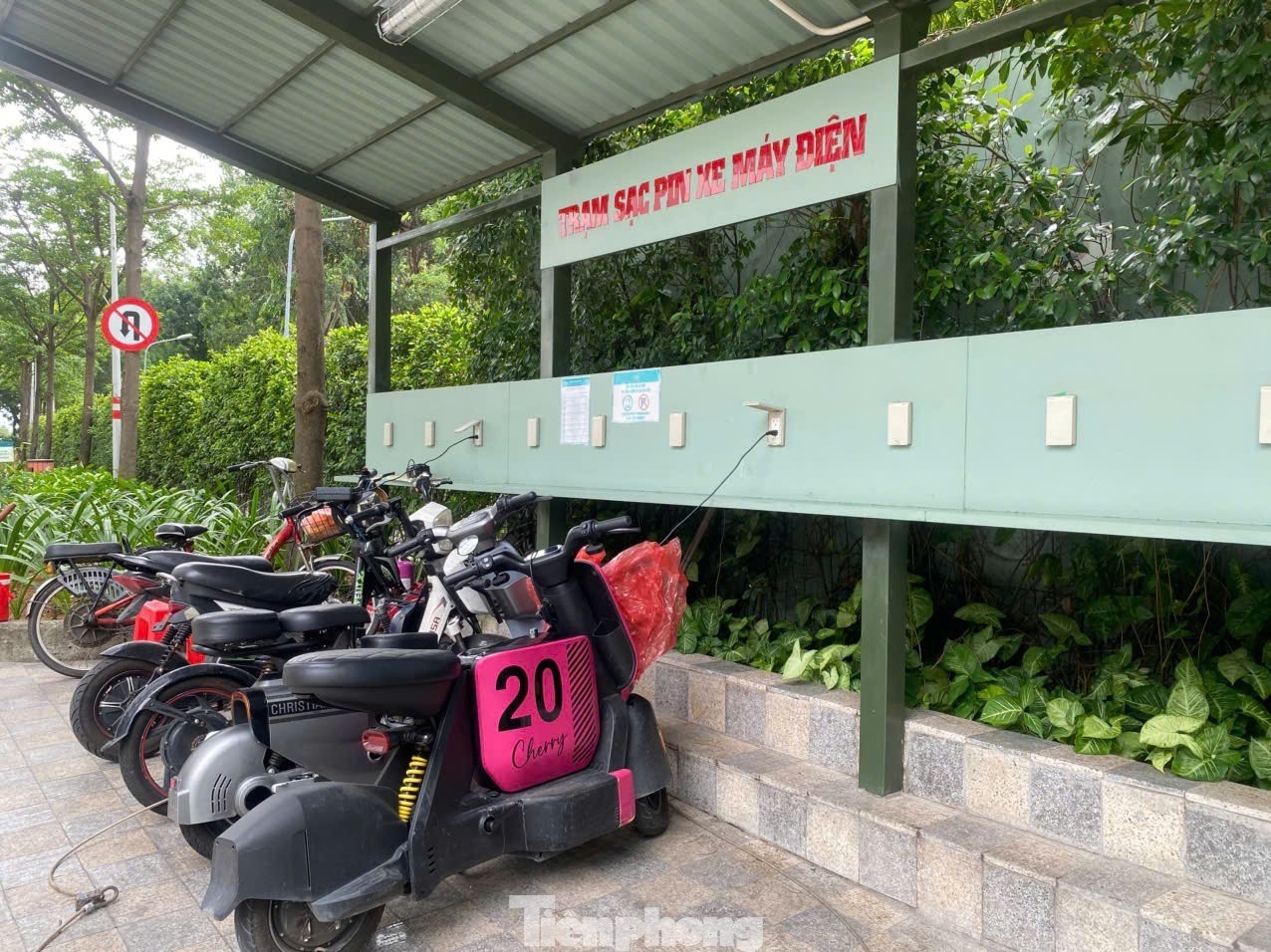
The association believes that the public charging station system in Vietnam is still not meeting the actual needs. In addition, concerns about fire safety when charging electric vehicles, especially in old apartment buildings with degraded electrical systems, are also increasing.
“This is the biggest challenge that needs to be solved so that people can feel secure in using it, businesses can boldly invest, and the conversion process can take place safely, synchronously, and effectively,” VAMM said.
In addition, VAMM also recommends that management agencies should soon issue policies to encourage conversion, including tax and credit incentives, to facilitate people's access to new vehicles.
Source: https://baolaocai.vn/hiep-hoi-xe-may-viet-nam-kien-nghi-gian-lo-trinh-cam-xe-xang-post650164.html







![[Photo] Prime Minister Pham Minh Chinh receives President of Cuba's Latin American News Agency](/_next/image?url=https%3A%2F%2Fvphoto.vietnam.vn%2Fthumb%2F1200x675%2Fvietnam%2Fresource%2FIMAGE%2F2025%2F12%2F01%2F1764569497815_dsc-2890-jpg.webp&w=3840&q=75)
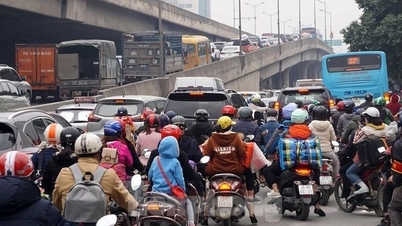

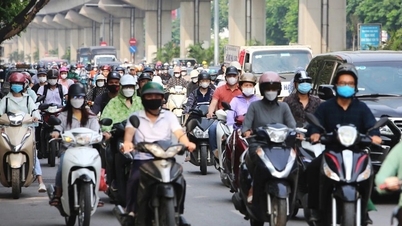

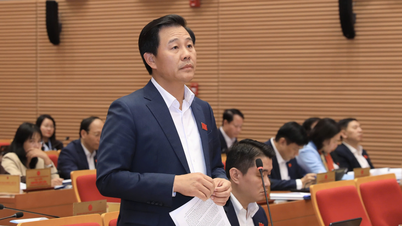

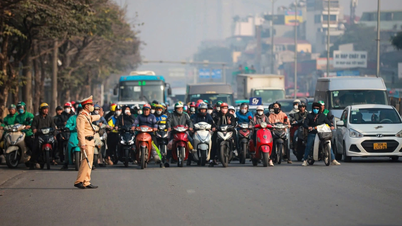

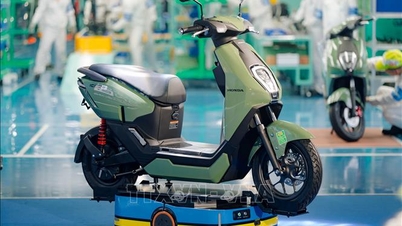

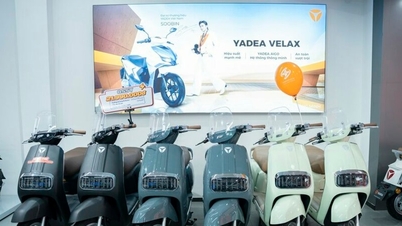

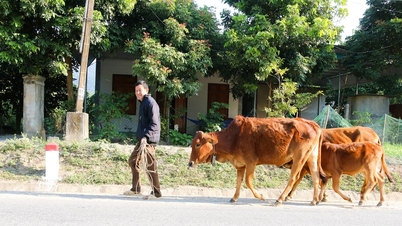


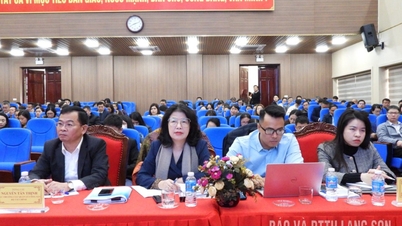

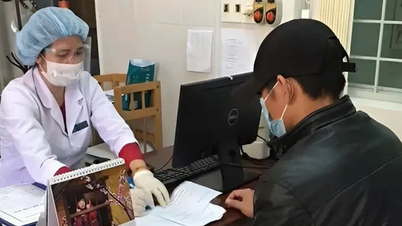


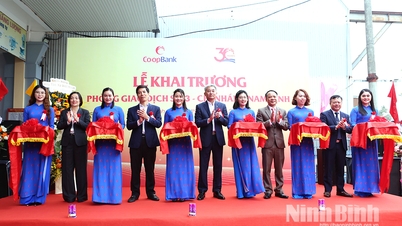







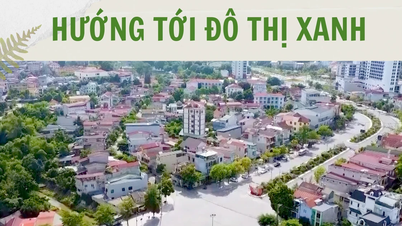

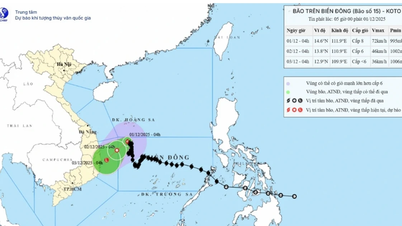





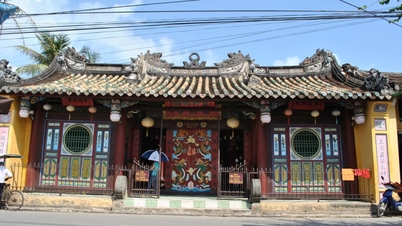

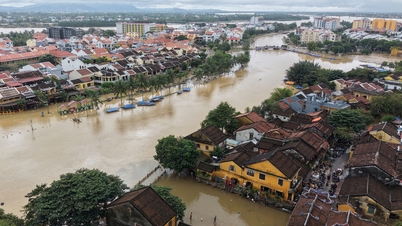

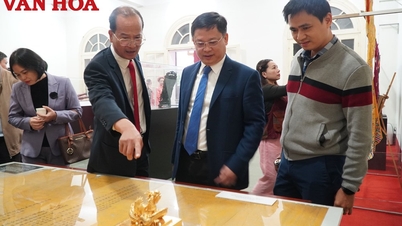








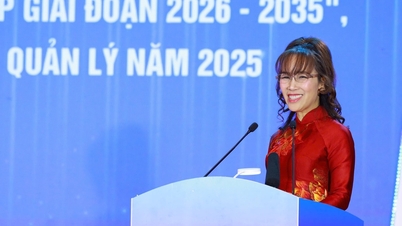





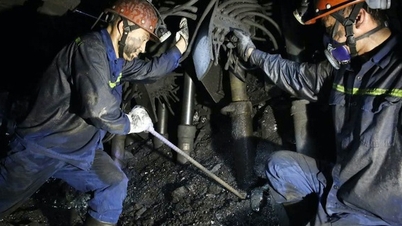


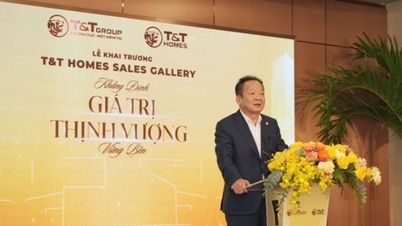




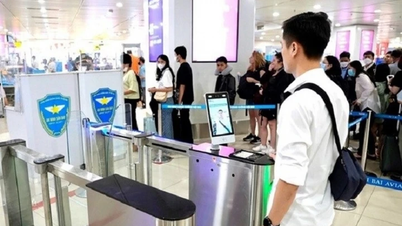







![[Photo] President Luong Cuong holds talks with Sultan of Brunei Darussalam Haji Hassanal Bolkiah](https://vphoto.vietnam.vn/thumb/402x226/vietnam/resource/IMAGE/2025/12/01/1764574719668_image.jpeg)
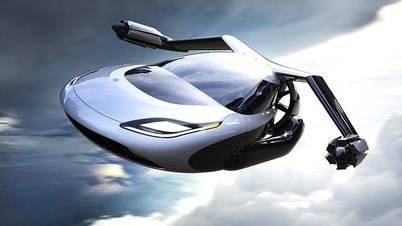
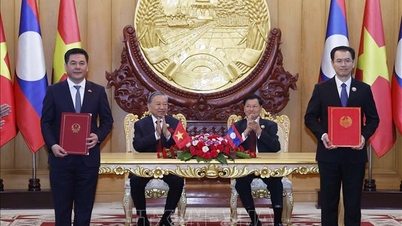

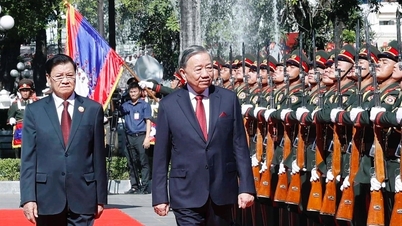
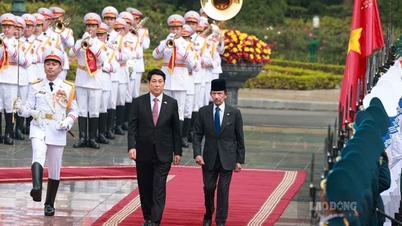




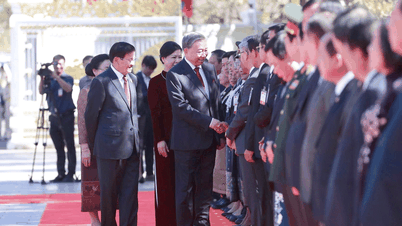

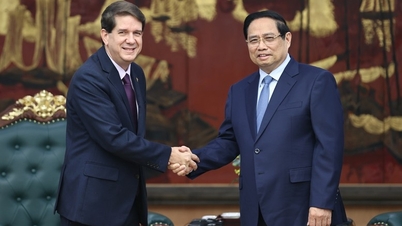

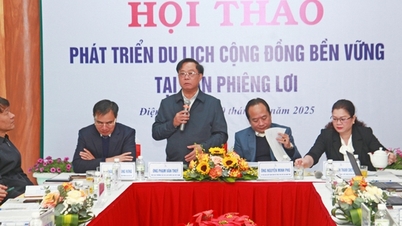
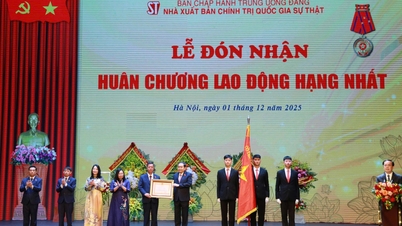



















Comment (0)